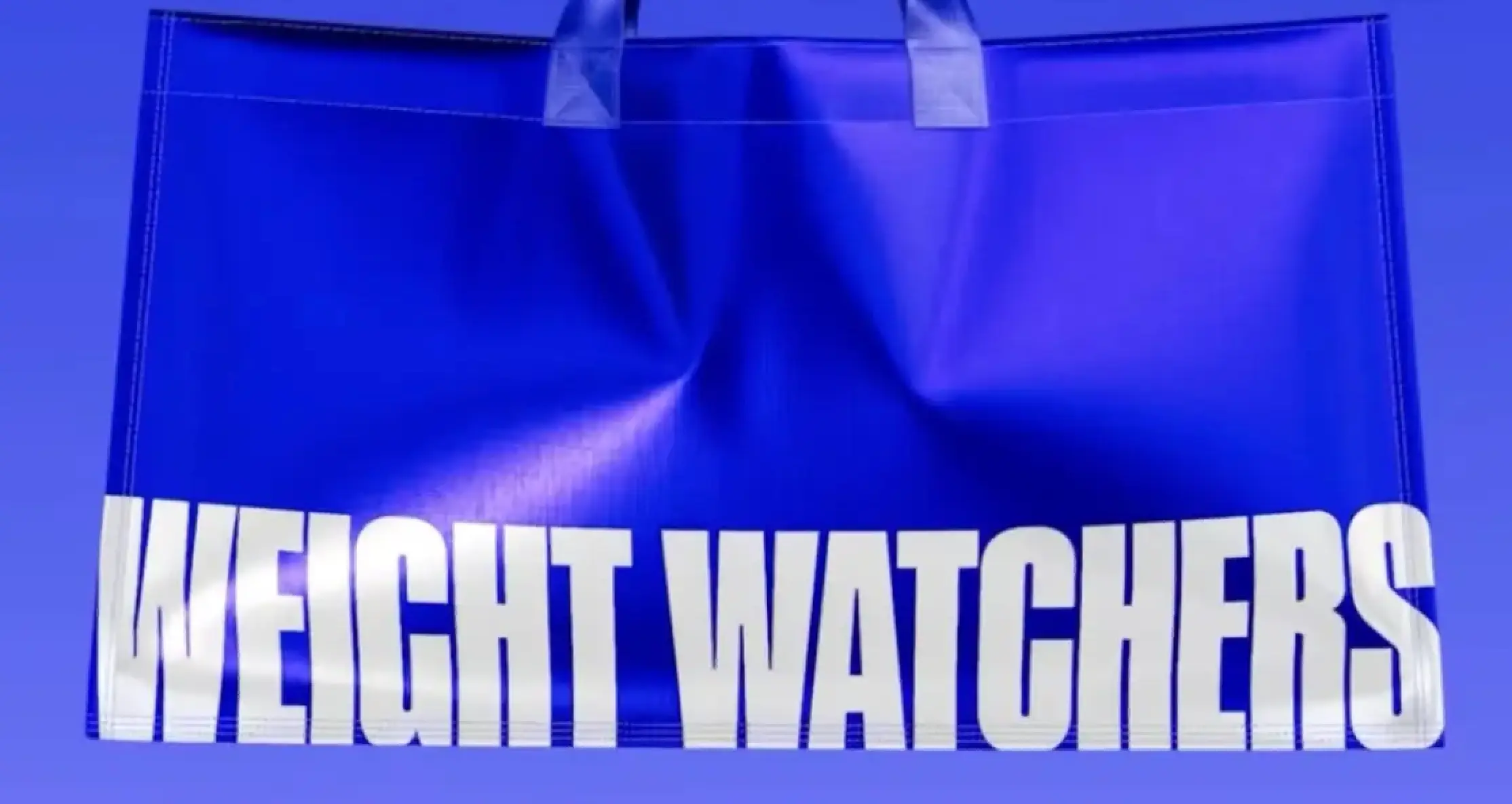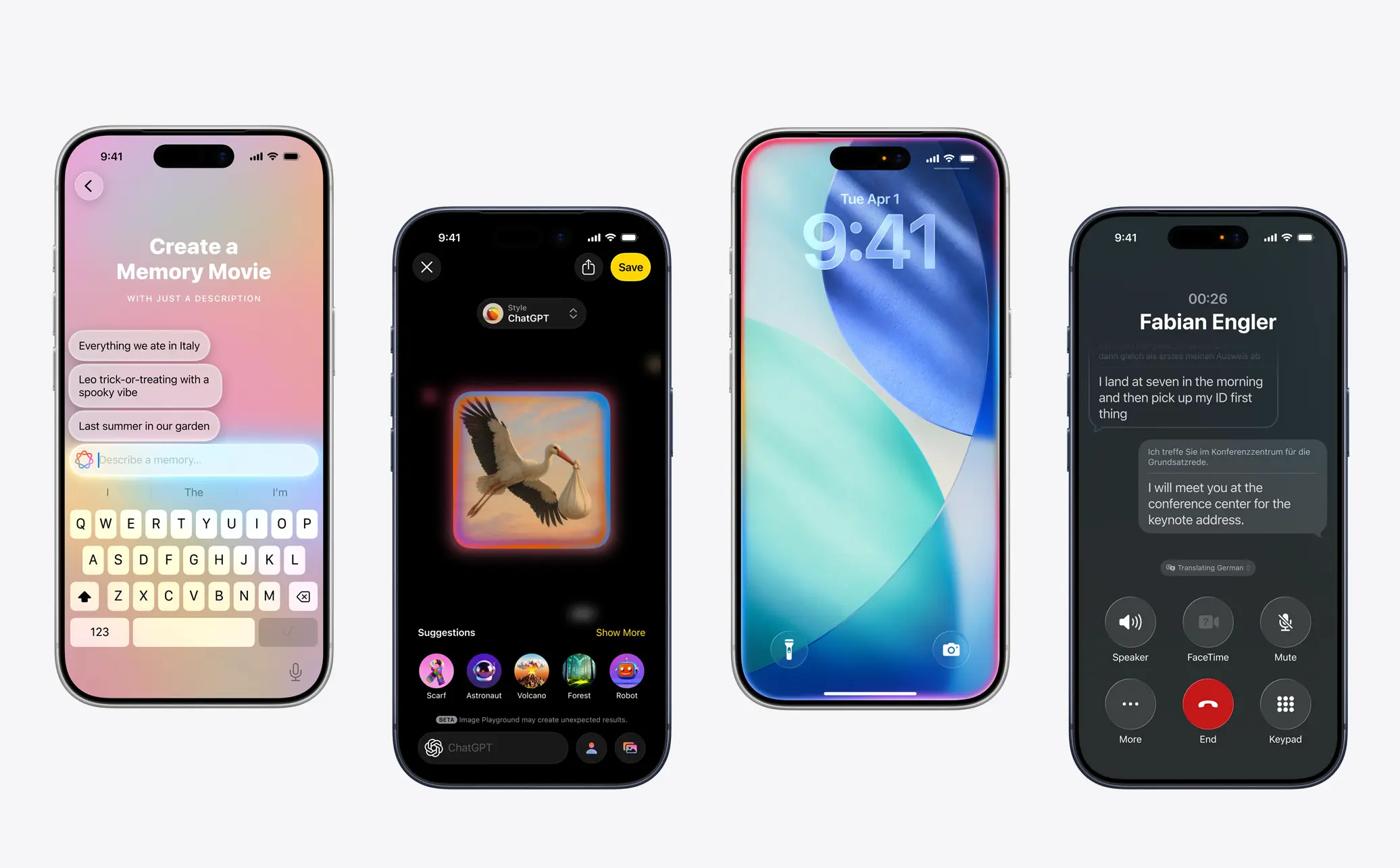Xbox vs. PlayStation: Breaking Down Their Business Models and Marketing Strategies
Updated on
Published on

The battle between Xbox and PlayStation is legendary. These two gaming titans have dominated the industry for decades, and while both deliver amazing gaming experiences, they have taken very different paths to success. From how they approach subscription services to the games they promote, Xbox and PlayStation don’t just compete—they represent two distinct strategies for winning over gamers.
So, what exactly separates Xbox from PlayStation in terms of business plans and marketing? Let’s break it down in a way that feels like a friendly chat about your favorite gaming consoles.
Xbox’s Game-Changing Subscription Focus
Ever feel like buying new games for $60 a pop is just too much? Xbox gets that. One of the biggest moves that set Xbox apart is Xbox Game Pass, a subscription service that feels like the Netflix of gaming. For a flat monthly fee, you get access to a massive library of games that you can play anytime—no need to buy each one separately.
- Why Game Pass Matters: Think about it. Xbox isn’t just trying to sell you a console; they’re selling you an ecosystem. They want you locked into Game Pass, where you can access over 400 games, including new blockbuster titles on launch day. For casual gamers or people who love variety, this is a game-changer. You’re not just paying for a console—you’re paying for endless gaming options.
- Cloud Gaming: And here’s where things get even more interesting. With Xbox Cloud Gaming, you don’t even need a console to play. You can stream Xbox games straight to your phone, tablet, or PC. So, whether you’re on the couch with a controller or at the airport with your phone, Xbox has you covered.
By focusing on this subscription-based model, Xbox is less dependent on selling hardware and more interested in getting gamers to subscribe for life. It’s all about the long game (pun intended).
PlayStation’s Blockbuster Exclusive Strategy
Now, let’s talk PlayStation. If you’re a fan of epic, single-player games with jaw-dropping graphics, you’re probably a PlayStation die-hard. Why? Because Sony’s strategy is laser-focused on exclusive content—and they do it better than anyone else.
- Exclusive Titles: Games like The Last of Us, God of War, Spider-Man, and Horizon Zero Dawn aren’t just fun—they’re cultural events. These are games people buy a PlayStation for. Sony invests heavily in its first-party studios, like Naughty Dog and Insomniac Games, ensuring that the PlayStation ecosystem is the only place you can play these gems.
- Cinematic Experiences: Sony’s marketing leans heavily on the fact that their games aren’t just "games"—they’re immersive, narrative-driven experiences. Their trailers feel like movie previews, and their ads target gamers who are looking for more than just casual fun—they want prestige gaming.

While Xbox is all about access and convenience, PlayStation is about delivering the absolute best in gaming—premium experiences you can’t get anywhere else.
Marketing Strategies: Community Engagement vs. Prestige
Now, here’s where things really get interesting. The way Xbox and PlayStation market themselves is just as different as their business strategies.
Xbox: Everyone’s Invited
Xbox markets itself as inclusive and accessible. Their message is clear: “You don’t need to be a hardcore gamer to love Xbox.” The push behind Game Pass emphasizes how easy and affordable it is to get into gaming without having to buy a ton of expensive hardware.
- Player-Centric Messaging: With slogans like “Jump In,” Xbox’s marketing is all about putting players first. Whether you’re a seasoned pro or a casual player, there’s a place for you. They even encourage cross-platform play, which means you can play with friends on PC, PlayStation, or even your phone.
- Social Focus: Xbox Live is also a huge part of their community-based marketing. They’ve made multiplayer gaming a social experience, and you can tell from their marketing that Xbox is all about connecting gamers—whether through cross-play or their Xbox Live Gold service.
PlayStation: Prestige and Immersion
On the flip side, PlayStation leans into being the premium gaming experience. When you think PlayStation, you think exclusive, high-end content—the kind of games that make you sit back and say, "Wow."
- Cinematic Ads: Sony’s ads aren’t just about the console or the features. They’re about storytelling. Their marketing showcases their games as emotional, cinematic experiences that take gaming to the next level. You won’t see as much focus on social gaming or cross-platform play in their marketing—Sony is all about showcasing the best, most immersive single-player experiences.
- Prestige Gaming: PlayStation markets itself as the console for serious gamers who care about quality. Whether it’s their trailers or their hardware design, everything screams premium. They’re targeting gamers who want more than just quick fun—they want the best possible experience, no compromises.
Pricing Strategy: Affordability vs. Premium
Xbox and PlayStation also have very different approaches when it comes to how much you’ll spend.
Xbox: Options for Everyone
Xbox has really made affordability its strong suit. They’ve got the Xbox Series S, which is a more affordable version of the Series X, but still powerful enough for next-gen gaming. And then there’s Xbox All Access, a financing plan that lets you pay monthly for a new console and Game Pass combined—making it super easy to jump in without breaking the bank.
PlayStation: Premium Pricing, Premium Experience
PlayStation, on the other hand, sticks to a more traditional model. The PlayStation 5 is marketed as a premium device, and that’s reflected in the price. There’s a digital-only version, but even that comes at a higher price point than Xbox’s more budget-friendly Series S. Sony banks on the idea that gamers are willing to pay more for top-tier exclusive games and cutting-edge hardware.

Global Reach: Expanding Markets vs. Maintaining Dominance
Xbox’s Expansion into New Territories
Microsoft has been laser-focused on expanding Xbox’s global reach, particularly in markets where they’ve historically lagged behind PlayStation, like Japan. With Xbox Cloud Gaming, they’re opening the door for players in regions where consoles aren’t as accessible. By offering high-quality games on any device, Xbox is making a serious play for global dominance.
PlayStation’s Stronghold in Core Markets
PlayStation has always had a strong presence in key markets like Japan, Europe, and North America. Their strategy isn’t about expanding into new markets as much as it is about reinforcing their dominance where they’re already loved. Sony knows their core audience, and their marketing is targeted to these regions with content tailored to local tastes, especially in Japan, where they’ve historically led the console race.
The Final Showdown: What’s Right for You?
So, where does that leave us? It’s clear that both Xbox and PlayStation have mastered their own lanes in the gaming world. Xbox is all about accessibility, value, and creating a massive gaming ecosystem. PlayStation, on the other hand, is about premium gaming experiences, cinematic exclusives, and prestige.
If you want tons of games at your fingertips for one low price, Xbox Game Pass is an unbeatable deal. But if you’re more into high-end, story-driven games and don’t mind paying for exclusivity, PlayStation is where you’ll find those blockbuster experiences.
In the end, whether you’re team Xbox or team PlayStation, one thing’s for sure: the gaming industry wouldn’t be the same without this epic rivalry.







